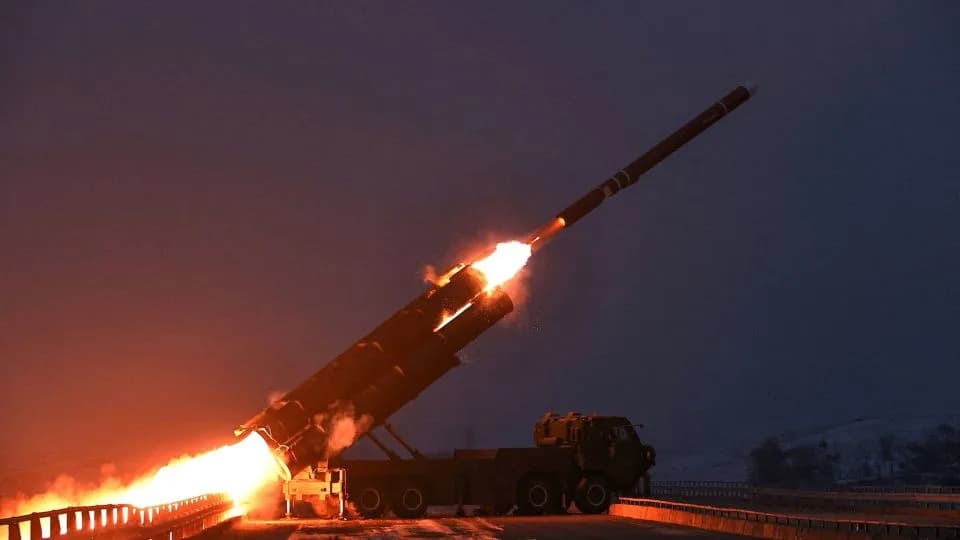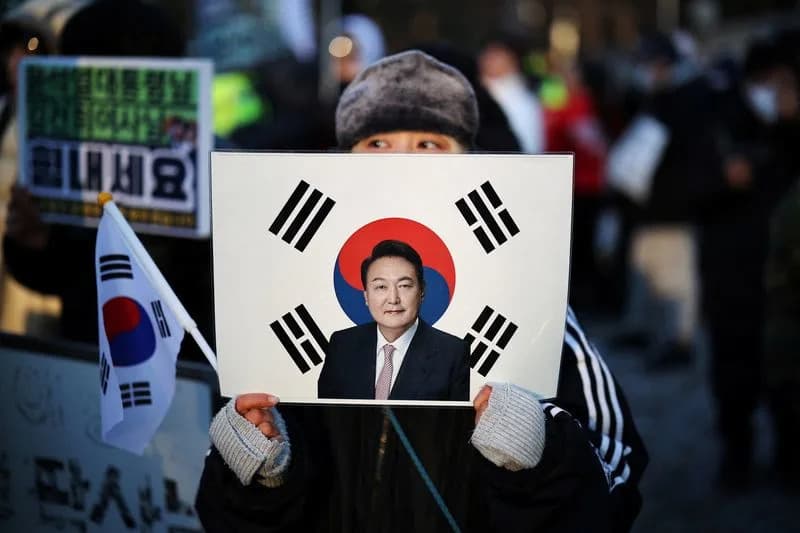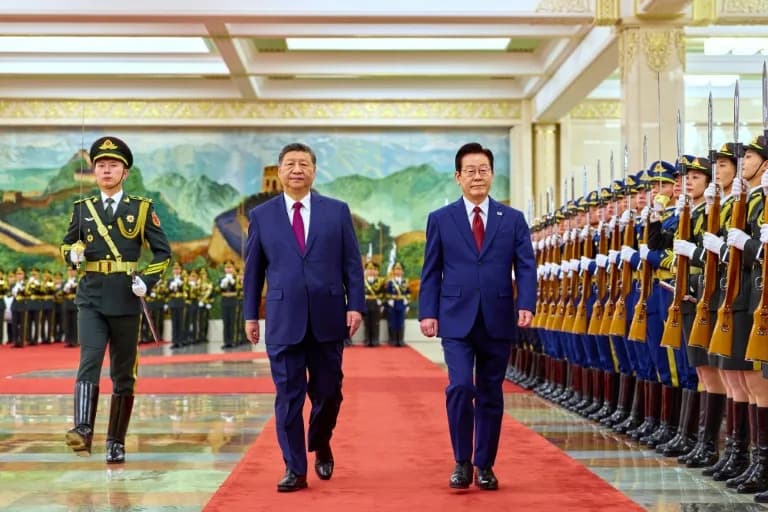Prosecutors Say Memos Tie Secret Drone Flights to Foiled Martial‑Law Bid
South Korean prosecutors have published memos they say were found on a senior defence official’s phone that allegedly show plans to use covert drone flights into Pyongyang as part of a scheme to provoke North Korea and justify a late‑night attempt to impose martial law.
The newly released material appears to corroborate North Korea’s earlier claim that drones entered Pyongyang airspace last October and dropped anti‑regime leaflets. North Korean state media published images showing a drone lodged in a tree and another seen flying low above the North’s leader—photos analysts said resembled South Korean military unmanned aerial vehicles.
Timeline and Key Allegations
According to prosecutors and related reporting, alleged drone flights occurred on at least three dates: October 3, October 8–9, and November 13, 2023. North Korea’s Kim Yo Jong issued a rare, forceful statement on October 12 condemning the incursions and warning of "severe consequences." Pyongyang later severed some road and rail links and reportedly destroyed two roads inside its territory, but stopped short of direct military retaliation.
Weeks later, on December 3, then‑President Yoon Suk Yeol declared martial law in a televised address, claiming threats from "North Korean communist forces." Lawmakers and civilians pushed past troops and voted to overturn the decree within hours; the episode sparked mass protests, impeachment proceedings and ongoing criminal investigations.
What the Memos Say
Prosecutors say several notes found on a phone belonging to the former Defence Counterintelligence Commander Yeo In‑hyung refer to deliberately creating an "unstable situation." One draft dated October 18 reportedly reads: "Must find and exploit a once‑in‑a‑lifetime opportunity that can produce short‑term effects. To do that, we must create an unstable situation or seize an opportunity that has been created."
Another entry states: "Targeting where (North Korea) loses face to such an extent that they feel they have no option but to respond," listing potential targets including Pyongyang, two nuclear facilities, the leader’s vacation homes, Samjiyon and Wonsan. A memo from October 23 reportedly lists possible outcomes under headings such as "At minimum—national security crisis" and "At maximum—Noah’s flood," implying a range from limited crisis to catastrophic disruption.
Prosecutors also cited notes from former Defence Intelligence Commander Noh Sang‑won indicating that discussions and preparations for imposing martial law began no later than October 2023, after a broad military reshuffle.
Responses and Legal Consequences
Yoon denies ordering drone flights or scheming to stage an insurrection. His lawyer called the indictment "a one‑sided prosecution" lacking basic legal logic. Prosecutors and the independent counsel’s spokesperson, Park Ji‑young, said they were "appalled" by what they uncovered and released the memos to the public.
Yoon and several former defence officials, including former defence minister Kim Yong‑hyun and the two intelligence commanders named in the memos, face charges that include harming state interests by aiding the enemy, abuse of power, and insurrection‑related counts connected to the martial‑law episode. South Korea’s military has declined to comment publicly, citing ongoing legal proceedings.
Security and International Implications
Analysts warn that sending drones into North Korean airspace could be interpreted as an act of war and risk triggering military escalation. Leif‑Eric Easley, a professor at Ewha University, said that if the flights were ordered by Yoon, it would represent "a dangerous interaction of domestic politics and security policy," underscoring the need for robust checks on clandestine national‑security operations.
Victor Cha, Korea Chair at the Center for Strategic and International Studies, noted broader diplomatic and alliance consequences: cross‑border drone operations would violate the 1953 armistice and could complicate relations with the United States, which maintains tens of thousands of troops on the peninsula.
Conclusion
The release of the memos adds new detail to an already contentious political and legal saga in South Korea. Prosecutors say the documents suggest an effort to manufacture a security crisis that could have justified extraordinary powers; Yoon and his allies call the charges politically motivated. The allegations raise urgent questions about civilian control of the military, oversight of covert operations, and the risks of intertwining domestic politics with national security decisions.



































